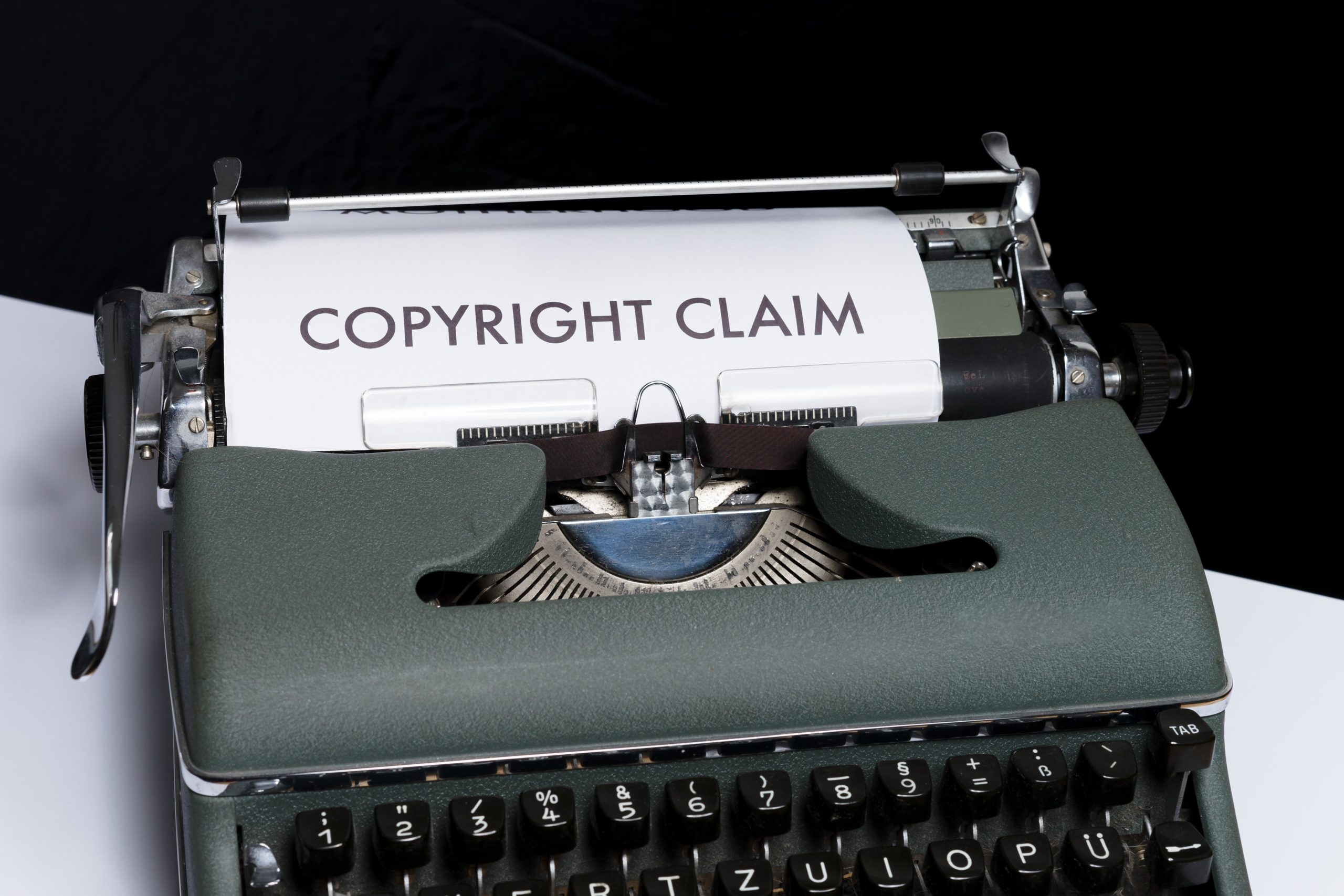Environmental Law in Israel
Israel, a country known for its rich history and diverse landscapes, has a unique and complex relationship with the environment. From the barren deserts of the Negev to the lush forests of Galilee, the environment plays a critical role in shaping the identity and livelihood of the Israeli people. It is for this reason that environmental law in Israel is an important and evolving field, dedicated to protecting the land and its people.
The Emergence of Environmental Law in Israel.
Environmental law in Israel has its roots in the early 20th century, with the passage of the Ottoman Empire’s Land Regulation Law of 1858. This law, which was later incorporated into Israeli law, established the basic framework for the regulation of land use and resource management in the region.
In the decades that followed, Israel’s rapid industrialization and modernization brought new environmental challenges, leading to the development of a more comprehensive and integrated approach to environmental protection. In 1972, the Knesset (Israel’s parliament) passed the Environmental Protection Law, establishing the Ministry of Environmental Protection and laying the foundation for modern environmental law in Israel.
The Environmental Protection Law and its Amendments.
The Environmental Protection Law (5732-1972) sets forth the general principles and goals of environmental protection in Israel, including the preservation of natural resources, the prevention of pollution and environmental degradation, and the promotion of sustainable development. The law is based on the “polluter pays” principle, which holds that those who cause environmental harm are responsible for paying for its cleanup and restoration.
Since its passage, the Environmental Protection Law has been amended several times to address emerging environmental issues and to strengthen environmental protections. For example, the Clean Air Law (5741-1981) was enacted to regulate air pollution and protect public health, and the Water Law (5741-1981) was enacted to manage and conserve the country’s water resources.
The role of the Ministry of Environmental Protection.
The Ministry of Environmental Protection is responsible for implementing and enforcing environmental laws in Israel. The Ministry has broad powers to regulate and control various aspects of the environment, including air and water quality, waste management, and hazardous substance control. The Ministry also has the authority to impose penalties and fines on individuals and companies that violate environmental laws and regulations.
In addition to its regulatory role, the Ministry of Environmental Protection also plays a key role in promoting environmental awareness and education. The Ministry works with schools, communities, and businesses to raise awareness about environmental issues and encourage sustainable practices.
Environmental Impact Assessments.
Environmental impact assessments (EIAs) are a critical tool in ensuring that development projects in Israel are carried out in an environmentally responsible manner. An EIA is a comprehensive study of the potential impacts of a proposed project on the environment and the surrounding community. The purpose of an EIA is to identify and assess the potential environmental impacts of a project, and to ensure that the project is designed and implemented in a way that minimizes those impacts.
Under Israeli law, an EIA is required for certain types of development projects, including large-scale infrastructure projects, industrial projects, and commercial developments. The EIA process typically involves a public consultation period, during which the public can provide input and comment on the proposed project.
Enforcing Environmental Law in Israel.
Enforcing environmental law in Israel is the responsibility of the Ministry of Environmental Protection and the courts. The Ministry has the power to impose fines and penalties on individuals and companies that violate environmental laws and regulations and to take legal action against those who cause environmental harm.
In addition to administrative enforcement, environmental law can also be enforced through the courts. Private individuals and organizations can bring lawsuits to enforce environmental laws and to seek compensation for environmental harm. For example, a property owner may sue a polluter for damages to their land or a citizen may sue a company for polluting their local river. The courts have the power to award damages, impose penalties, and order the cleanup of contaminated sites.
Challenges and Issues in Environmental Law in Israel.
Despite its successes, environmental law in Israel faces several challenges and issues. One of the main challenges is the tension between economic development and environmental protection. As the country continues to grow and develop, there is pressure to balance the need for economic progress with the need to protect the environment.
Another challenge is the limited resources available for enforcing environmental law. The Ministry of Environmental Protection and the courts are often stretched thin, making it difficult to effectively enforce environmental laws and regulations.
Finally, there are also issues related to the interpretation and application of environmental law in Israel. The laws and regulations can be complex and difficult to navigate, and there is often disagreement over how they should be applied in specific cases.
Conclusion.
Environmental law in Israel plays a critical role in protecting the land and its people. From the passage of the Environmental Protection Law in 1972 to the ongoing work of the Ministry of Environmental Protection and the courts, environmental law has been instrumental in ensuring that development is carried out in an environmentally responsible manner. Despite its challenges and issues, environmental law in Israel remains an important and evolving field, dedicated to preserving the country’s natural resources and promoting sustainable development.
Citations:
Israeli Ministry of Environmental Protection.
Clean Air Law (5741-1981)
Water Law (5741-1981)
Eli Shimony – Israeli law firm represents clients on all legal matters in Israel. For any questions please contact us and we will be happy to assist.
By email: [email protected], By phone: +972-52-2769773, +972-3-5507155.
The above is only general information and does not replace legal advice which is usually necessary before taking legal proceedings.












